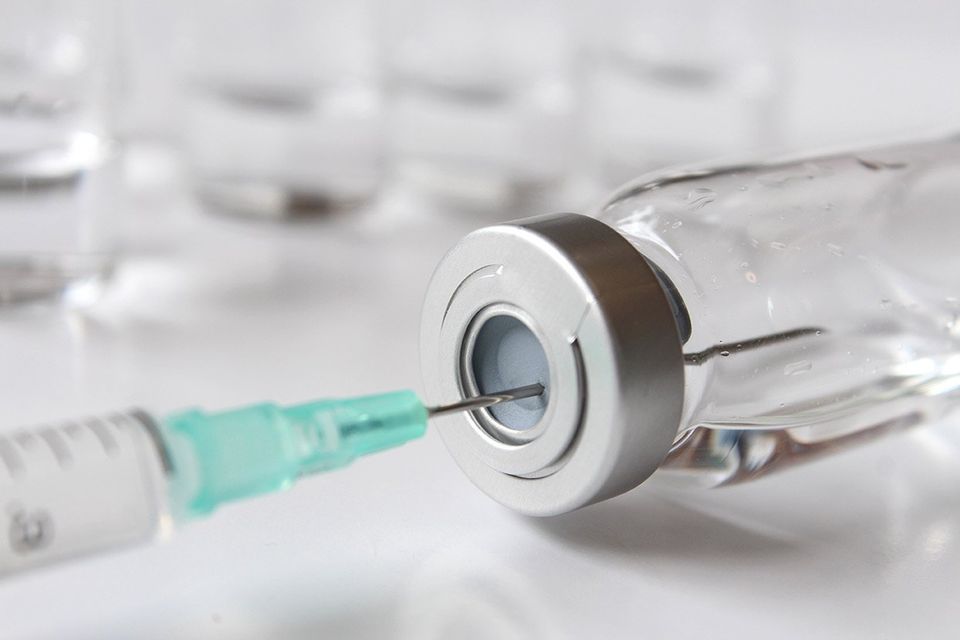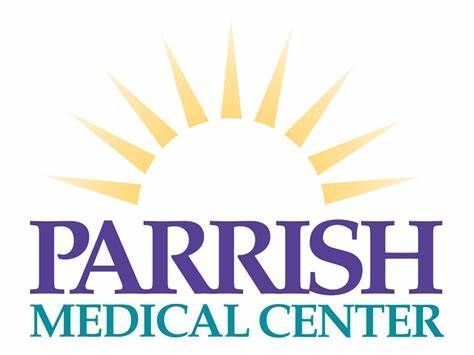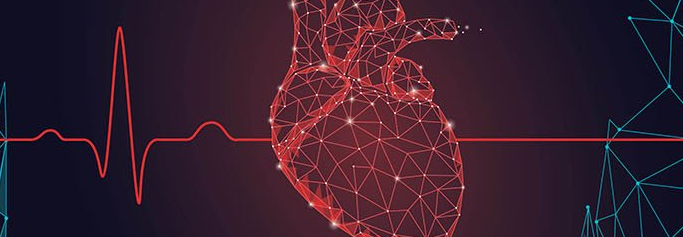How is the Johnson and Johnson Vaccine Different?
Johnson and Johnson Covid Vaccine - How it works

What is the difference between how the Johnson & Johnson vaccine works and how the Pfizer and Moderna vaccines work?
The ultimate difference is the way the instructions are delivered. The Moderna and Pfizer vaccines use mRNA technology, and the Johnson & Johnson vaccine uses the more traditional virus-based technology.
mRNA is essentially a little piece of code that the vaccine delivers to your cells. The code serves as an instruction manual for your immune system, teaching it to recognize the virus that causes COVID-19 and attack it, should it encounter the real thing.
Instead of using mRNA, the Johnson & Johnson vaccine uses a disabled adenovirus to deliver the instructions. This adenovirus is in no way related to the coronavirus. It is a completely different virus. Although it can deliver the instructions on how to defeat the coronavirus, it can’t replicate in your body and will not give you a viral infection.
Are there benefits to the Johnson & Johnson vaccine, based on its technology?
Absolutely. The huge advantage to the Johnson & Johnson vaccine is that it is a single shot. The mRNA vaccine requires two.
As well, the Johnson & Johnson vaccine can be kept at essentially refrigerator temperatures for months, and it’s stable. The mRNA vaccines aren’t as stable and require super cold storage temperatures. Once they’re out of cold storage, you only have a small window of time to administer them.
The Johnson & Johnson vaccine is much more like a regular vaccine and is much easier to distribute and maintain. That has huge implications for rural areas of the country. Those areas might not have the ability to keep the mRNA vaccines at super cold temperatures.
Aren’t cold storage and stability some of the reasons the rollout of the vaccine has been a challenge?
We have the capacity in a lot of the U.S. to get the cold storage mRNA vaccines out, but it can be a challenge in rural areas. When you start talking about a vaccine that is more stable and only involves a single shot, this is great news. The easier it is to give, the more people we’re going to vaccinate in the U.S. But this is also true internationally, where delivering a tricky mRNA vaccine can be a challenge in some areas due to the cold storage requirements.
I’ve heard the Johnson & Johnson vaccine is less effective than the Pfizer and Moderna vaccines. Your thoughts?
We have really done ourselves a disservice with how wildly effective the Pfizer and Moderna vaccines are. No one is going to say they don’t want a highly effective vaccine. We are all grateful, but at the start of the pandemic if you said you were going to produce a 60% effective vaccine, that would have been beyond most people’s wildest dreams. Compare that to the flu [vaccine], which can be 50% to 60% effective some years.
The Johnson & Johnson vaccine was found to be 72% effective at preventing moderate to severe cases of COVID-19. Across the board, it was around 66%. I think part of the reason is because it was studied later in the pandemic. Now there are more of these variants out there. The Johnson & Johnson vaccine was less effective in South Africa, where one of the variants has appeared. It was 57% in South Africa. I think if you were to test the Moderna and Pfizer vaccines now, they might be less effective because of the variants.
Isn’t a main advantage of the Johnson & Johnson vaccine that you’re less likely to get severely ill from COVID-19?
In the study population of almost 44,000 people, some of whom received a placebo and didn’t get the vaccine, the Johnson & Johnson vaccine was 85% effective in preventing hospitalizations and death. Even if the vaccine wasn’t 100% effective at preventing disease, it looks like it reduces severe disease. That is really what you want from a vaccine.
Can those who’ve gotten the vaccine still transmit the virus?
We don’t know, but you have to figure if someone has less virus, they might not transmit it as effectively. This could slow down the number of additional cases. That is really the idea with a vaccine, but nobody knows that for sure. That is the hope.
There will still be people who get sick, especially since there are so many cases. People are still going to need to wear masks and socially distance. It’s not a passport to go back to normal living. If you are, in theory, one of the 5% who got the Pfizer vaccine and still got COVID-19, you could still transmit the virus to people, and they could get super sick.
When do you think people will start getting vaccinated with the Johnson & Johnson vaccine in the U.S.?
The federal government has a deal with Johnson & Johnson to buy 100 million doses of vaccine. You will likely see people getting the Johnson & Johnson vaccine in March.
Will I be able to choose which vaccine I get?
We aren’t there yet. That won’t be possible in the short term. We would say get what you can get when something becomes available to you. We really don’t think people should wait. If you have access to get any vaccine, you should get it. Even if it doesn’t completely prevent it, you are much less likely to have severe disease and die. Maybe you’re just at home and feel terrible as opposed to having to be admitted to the hospital with low oxygen. Hospitals and clinics are going to be limited in the short term on what they can provide folks.
These vaccines are safe, right?
If it has emergency use authorization from the FDA, it has been held to a very high safety standard. These vaccine trials have had just massive amounts of patients. There have been at least 30,000 patients in each one of these trials, and Johnson & Johnson’s had 43,000 people. There were no harm signals in the Johnson & Johnson trials.
We have a few reports of possible severe adverse effects from the Moderna and Pfizer vaccines. Reports of severe adverse effects are being monitored and investigated closely. We still have to collect long-term safety data. For any immediate issues, those are usually collected in the vaccine trials. We have months of data now that show the vaccines are safe.





